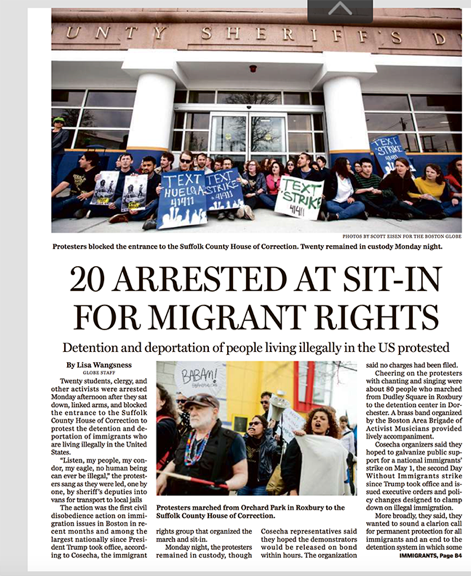2017.04.25
And also concerned that I'm not sure what to trust to tell me if that is a risk of being the case, because I don't know to what extent the inner-narrator/rational self vs subconscious self is the same for everyone. Various paths of self-improvement call it different things (the Id, the inner child, the right side of the brain, the unconscious mind, etc) and imply different functional relationships.
Even something like meditation has contradictions in advice about its methods and goals. Like, is it to have that zennish empty mind, where my verbal inner-narrator is finally silent and my whole self can enjoy purer sensation, unmitigated by simplification into verbal simplification and categorization? Or is it to be 'mindful', and allow that inner narrator to calmly process and analyze and pontificate but without encountering spikes of anxiety and other disruptive emotion? (Which, in my current way of thinking, tend to emerge from my inner toddler.) I kind of prefer the latter; it's less work and a lot more fun.
In "Eat, Pray, Love" Elizabeth Gilbert writes
Like most humanoids, I am burdened with what the Buddhists call the "monkey mind"--the thoughts that swing from limb to limb, stopping only to scratch themselves, spit and howl. From the distant past to the unknowable future, my mind swings wildly through time, touching on dozens of ideas a minute, unharnessed and undisciplined. This in itself is not necessarily a problem; the problem is the emotional attachment that goes along with the thinking. Happy thoughts make me happy, but--whoop!--how quickly I swing again into obsessive worry, blowing the mood; and then it's the remembrance of an angry moment and I start to get hot and pissed off all over again; and then my mind decides it might be a good time to start feeling sorry for itself, and loneliness follows promptly. You are, after all, what you think. Your emotions are the slaves to your thoughts, and you are the slave to your emotions.
The thing is, to me it feels backwards... like the thoughts are the slaves to the emotions, and then I'm the slave to the thoughts. Or something. But basically, the process is more my inner rational narrator teaching my wordless sometimes-raging sometimes-fearing sometimes-frolicking subconscious self about the world. You know, it feels a bit like the relationship between Anne Sullivan and Helen Keller.
So I feel there's lots of room for that inner toddler - who will probably never grow up to have words - to mature, and develop a real camaraderie, rather than the current paternalistic relationship. And without assuming that subconscious part of me is only feeling, not thinking. I suspect feeling and thinking are the same thing but at wildly different time scales, feeling taking in the long term evolutionary wisdom and near term immediate reaction, with thinking occupying the middle ground.
Also through all this, I feel my rational, verbal, narrator self is trying to reassert the throne of being "The Actual Me", the real me, that it lost when I read Dennett's "Conscious Explained". I think it's time for a reread of what I pin as the "most important book I read", even though it's mighty long.

